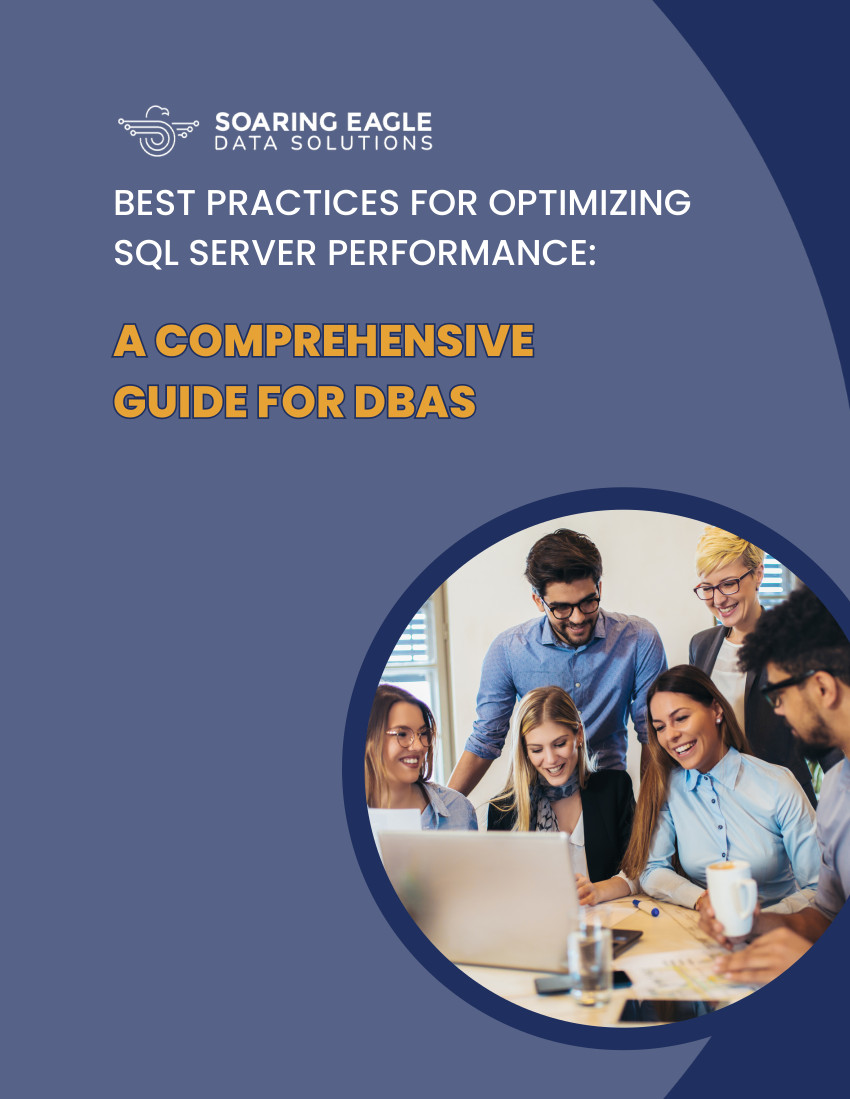Remember the first computer you ever used? Back in the early days, it was common to store information on diskettes. Walking around with one made us feel a bit futuristic. Today, those disks are as anachronistic as pay phones.
When you run a business, or your job entails sending and receiving significant amounts of data, how to store all of that information becomes a priority. Is one method more reliable than the other? Is it safer? Is it scalable? Is it within your budget? Will it fit all of your needs?
1. Make Sure Your Data Is Encrypted
Maybe this one sounds like a no brainer for seasoned cloud users, but not every cloud service provider provides encryption automatically. Even if your provider does encrypt your data, your information might still be vulnerable while in transit from your computer to the cloud. This is when third party encryption software comes in handy. Or if you want to get fancier, a cloud access security broker. Either way, you want to make sure that your information is protected at all times.
2. Their Type of Customer Support
Listen, you could hire the same people who provide cybersecurity to the government. Glitches can still happen, and it’s essential to know that your cloud service provider will be available for you 24 hours a day, 7 days a week, regardless of whether there is a big holiday or whether there was a natural disaster. Also, read the Service Level Agreement carefully (study it with a business law attorney, if possible). If service goes down, in what timeframe can you expect it to be up and running again? If their service regularly fails, is there a way for you to get out of that contract? Don’t just agree to boilerplate language that means nothing. Make sure you get service, at a minimum, for a specific percentage of the time. Otherwise, it should be considered a breach, and you should be contractually allowed to terminate the agreement.
3. Compliance With Regulations
A cloud service that works for your neighbor’s business may not be the right fit for yours. In addition to having to comply with federal regulations, there are legal requirements that vary from industry to industry. If you’re in the health industry, you have to worry about HIPPA. If you take credit card payments, you have to be concerned with PCI-DSS. Research which providers service other businesses in your industry.
4. How Secure Is the Provider?
Where are the servers located? Does the cloud service provider have security certifications? Do they have a reliable recovery plan in the event they lose client data?
In an age where cyber attacks are becoming as common as sunny days in Florida, you want to ensure you are covering all your bases. If you have any questions regarding your database management, contact us. At Soaring Eagle Consulting, we have the specialized expertise to give you peace of mind.


